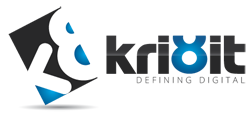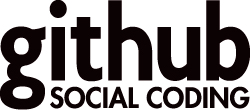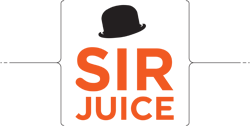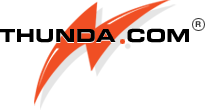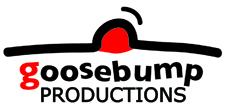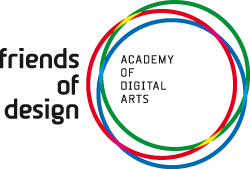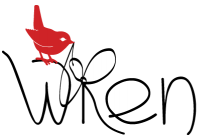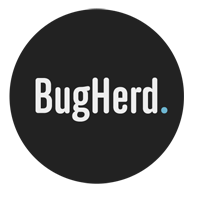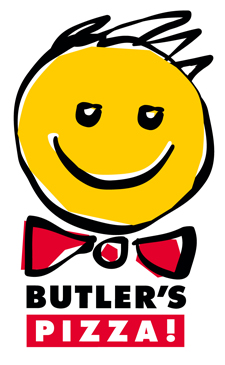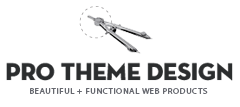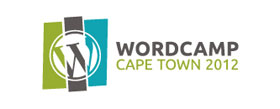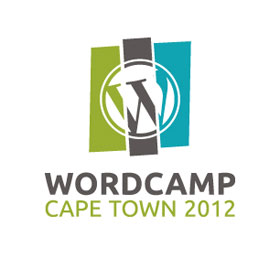 Founded in 2000, Clickatell is a global leader in providing the ability for its customers to alert, interact and transact with their customers, business partners and communities. Utilizing its global footprint, Clickatell can deliver short message services (SMS) through its Clickatell Mobile eXchange (CMX) to nearly every mobile phone user in the world. In addition, with Clickatell Transaction eXchange (CTX), the company is providing the essential link between the mobile consumer and their financial institution through such services as airtime top-up. With its ongoing investments, Clickatell is uniting customer communication, community creation and transaction services for over 15,000 customers.
Founded in 2000, Clickatell is a global leader in providing the ability for its customers to alert, interact and transact with their customers, business partners and communities. Utilizing its global footprint, Clickatell can deliver short message services (SMS) through its Clickatell Mobile eXchange (CMX) to nearly every mobile phone user in the world. In addition, with Clickatell Transaction eXchange (CTX), the company is providing the essential link between the mobile consumer and their financial institution through such services as airtime top-up. With its ongoing investments, Clickatell is uniting customer communication, community creation and transaction services for over 15,000 customers.
Tell us a bit about your business. How do you use WordPress?
An important part of Clickatell’s business is enabling application developers to send and receive text messages from their application through access to our award-winning global SMS gateway. Our CMX SMS gateway enables SMS delivery to over 5.2 billion people worldwide across more than 960 mobile operator networks in more than 220 countries and territories.
We use WordPress to provide easy-to-use, quick, robust and highly-manageable online resources for these application developers, that can be accessed anywhere in the world. At Clickatell.com, these application developers can access integration documentation for our range of APIs, sample code, mobile operator, country – or region-level SMS pricing – messaging features supported at an operator- and product-level – and request product support. On top of these product resources, we also provide online educational resources at Clickatell.com where our customers can learn more about why they should implement SMS alerts, notification, reminders, two-way messaging and two-factor authentication in their applications.
Why did you decide to get involved and sponsor WordCamp Cape Town 2012?
We’re big fans of the WordPress CMS itself, but we also have so many wonderful, loyal customers and business partners in the local WordPress community that we wanted do what we could to make the event a great success. A strong local developer community is key to why we exist.
What are your thoughts on the WordPress community as a whole? And the South African WP community?
The WP community everywhere is vibrant, innovative and growing. Every member of the WP community is playing the most important part in the development of the ecosystem needed to build and maintain a strong open-source CMS – building highly capable technology skills.
We think the local WP community plays an outsize role internationally in making WordPress the awesome CMS that it is.
How did you manage content before WordPress and why did you choose to switch?
We had used procedural PHP code as well as HTML/CSS in our site almost since we started our business in 2001. This created very tedious processes that made simple content changes very time-consuming.
We wanted to switch to a solid CMS for a long time, but the solutions that ticked the boxes for us were really expensive, didn’t pass full control to us after go-live and we met with internal resistance to the large effort involved in creating a new content API layer that would enable our brochure to talk with some of our backend systems. Our marketing team fought hard for a long time for more control over our brochureware and eventually won the battle (and the budget) required to move to a CMS.
In the end, we switched to WordPress because we’ve always admired the strong local WordPress skills, which we’ve seen in our own customers that work with WP and we found a very competent partner in Lightspeed, who walked the tricky path of moving an established business onto a new CMS with us.
What immediate goals did you set for the website and do you feel they have been met?
The new site objectives included improving the user experience, so that browsers accessing our site could do so quickly anywhere in the world, find the information that they were looking for and proceed more easily and quickly to creating their account and sending messages.
Some of those objectives have not yet been fully met (our account registration process is still not ideal in our opinion – a function of legacy systems), but we’re still working to improve the customer experience with every new deploy and now have a solid technology base to work from.
A key improvement that WordPress enabled for us was that our unique visitor to new account registration rate has improved by more than 20% since we went live with the new site.
Was it difficult for your team to make the transition to WordPress?
By far the most difficult parts of the transition were creating the content API layer on our side, so that our brochure pages could speak to some of our backend systems, content API caching setup and ensuring that WordPress and our CDN worked properly together.
The parts of the transition that actually created the least problems for us and posed the biggest risks initially were content creation and loading, as well as maintaining our natural search rankings when we flipped the switch. WordPress was awesome in these areas.
Has the new Website made the team more productive?
Absolutely, the web development & creative resources now spend more of their time on marketing campaigns and less on mundane site changes and lengthy deploy processes.
Have you received any feedback from your users? What do your users think of the new site?
We’ve received such an overwhelmingly positive response from our customers that we were spurred on to do even more for them. We’re currently busy redoing our web apps from the ground up in order to match the user experience of the brochure pages.
The site has some impressive functionality – the Pricing and Coverage page comes to mind – but what is the most impressive tech that really shows off what’s possible in WordPress in your opinion?
The pricing & product wizard, login, registration and mobile network coverage pages are great examples of how WordPress can be made to work reliably and quickly with existing backend systems via API.
We’re very proud of the fact that we refused to accept what naysayers were saying WordPress could and couldn’t do and simply did it.
Besides greater ease when managing content, how else do you see WordPress benefitting your business in the long term?
We’re currently busy using WordPress Multisite to convert our regional websites to the same CMS. This will make it much easier and less time-consuming to manage regional content, than has been the case in the past.
Is your WordPress site helping you do more business?
Sure, we’re getting more online customers than ever before on a daily and monthly basis – many of which keep coming back and using our online products month-after-month.
WCCT’s media coverage is being leveraged to help DARG. Clickatell has jumped right on board, please tell us a bit more about your contribution.
At Clickatell, we’re suckers for helping animals (and humans) in need!
25 employees from Clickatell’s Cape Town office recently spent a day at DARG repainting the large Barn Kennel area and helped clean out other outside buildings. Clickatell sponsored the materials and the employee time, because it’s the right thing to do.








